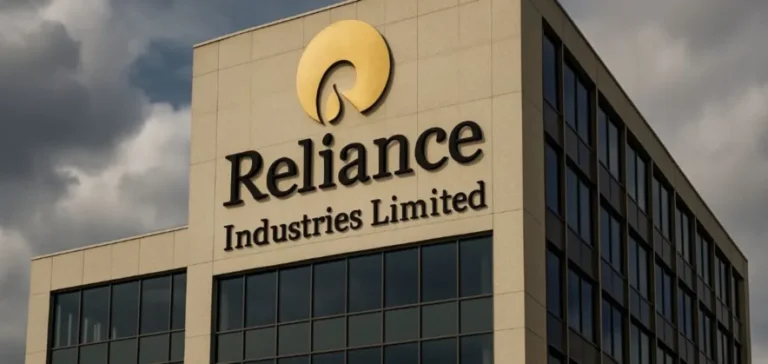Indian conglomerate Reliance Industries announced a 9.67% rise in net profit for the second quarter of its 2025–2026 fiscal year. Net income attributable to shareholders reached INR181.6bn ($2.06bn) for the July to September period. The group’s total revenue rose 9.9% year-on-year.
Petrochemicals rebound amid uncertain market
After several quarters marked by volatility in international markets, Reliance Industries’ petrochemical operations are showing signs of stabilisation. Fuel margins recorded a recovery, contributing to improved group performance. This segment remains a strategic pillar for the company, despite its expansion into other sectors.
Mukesh Ambani, Chairman and Managing Director of Reliance Industries, stated that the results reflect the strength of the group’s diversified portfolio in a complex economic environment. He also acknowledged the performance of the group’s “new growth engines” in driving its transformation.
Non-energy segments sustain momentum
The retail division reported an 18% year-on-year increase in gross revenue, supported by the festive shopping season and recent reductions in India’s consumption tax. This growing segment continues to play an increasingly important role in the group’s consolidated portfolio.
In the telecommunications sector, average revenue per user rose 8.4% year-on-year. This growth was linked to the commercial rollout of 5G services, which attracted new subscribers through promotional offers. The group plans to list this business on the stock exchange next year.
Financial markets respond positively
Even before the results were published, Reliance Industries’ shares closed up 1.49% on the Bombay Stock Exchange. The bullish sentiment reflects investor confidence in the group’s ability to sustain profitability while expanding its strategic diversification.
Reliance Industries remains India’s largest company by market capitalisation, benefiting from an integrated structure that enables it to offset fluctuations in legacy segments through the expansion of new business lines.






















